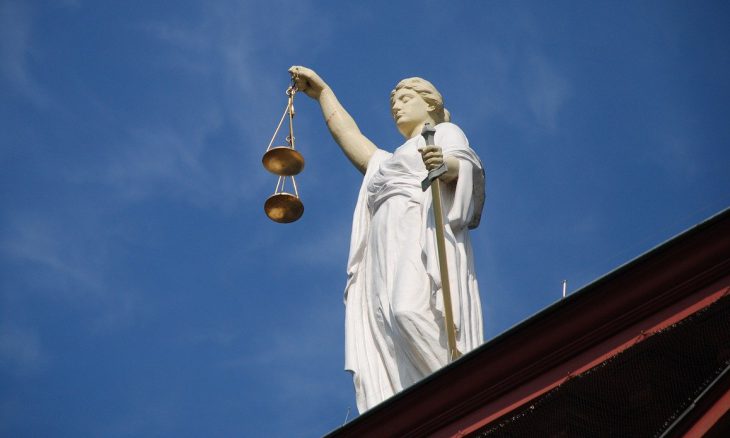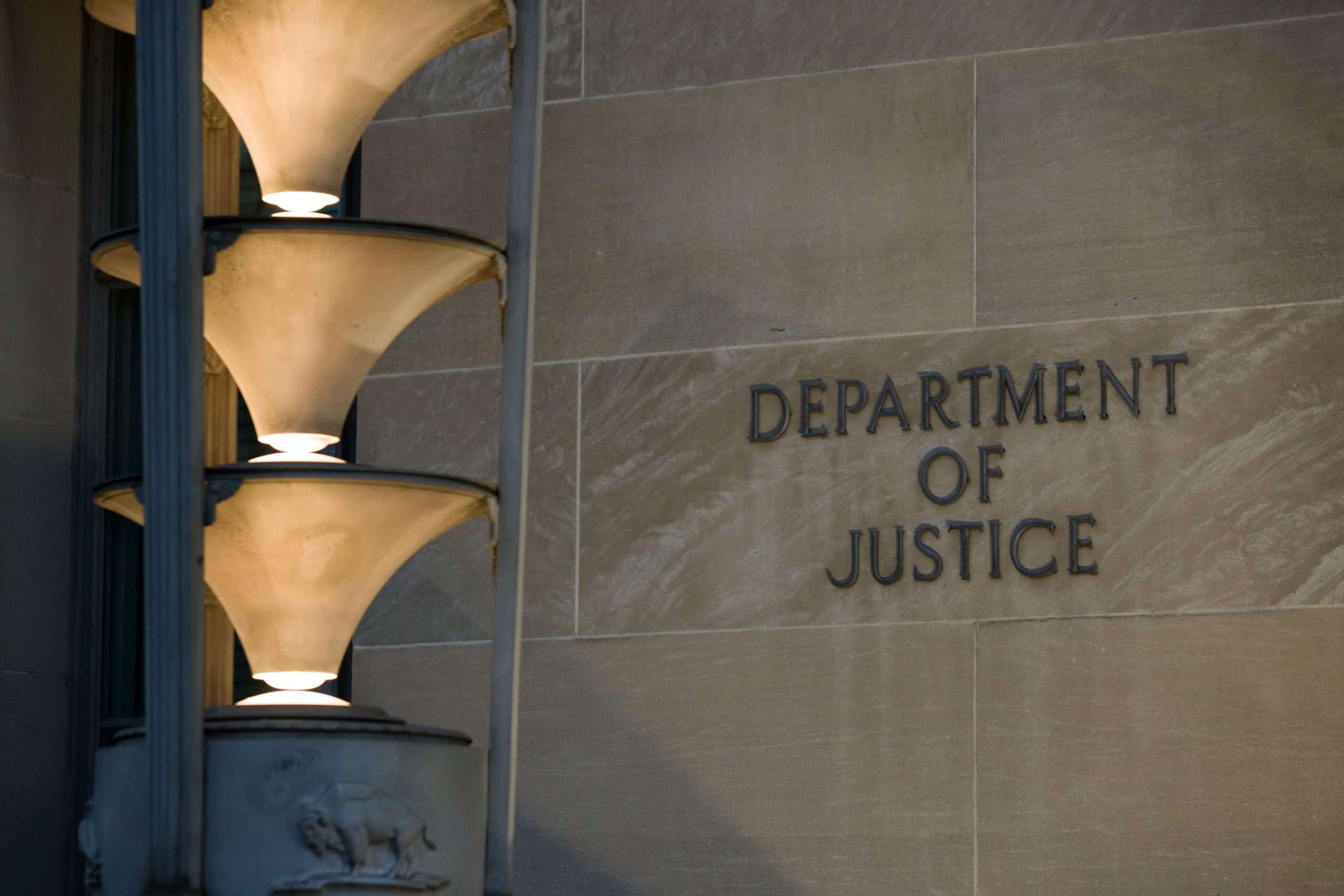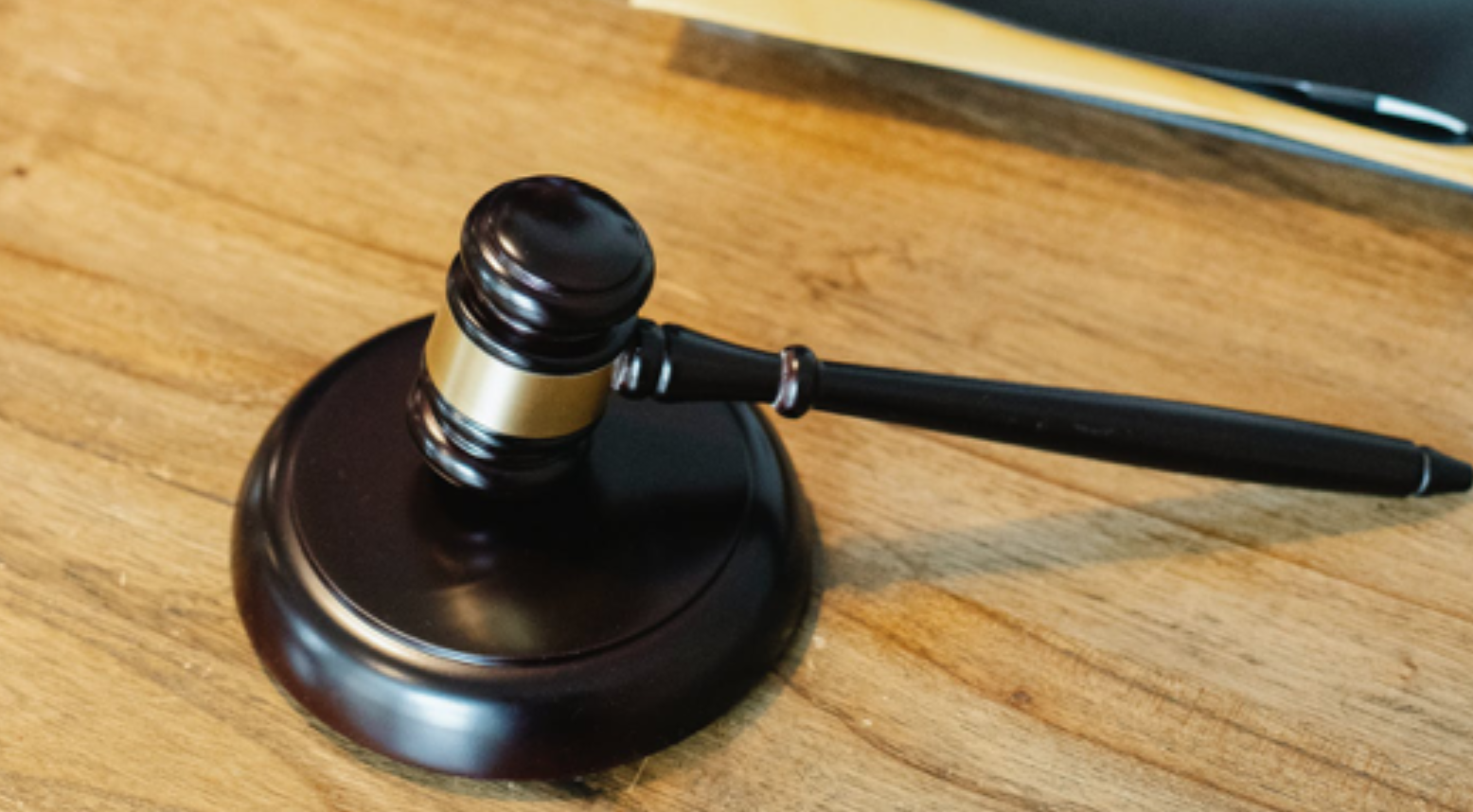Can America strike the balance of protecting freedoms and protecting citizens from those who would take advantage or do harm?
PRAY FIRST for the men and women who serve in all three branches of our federal government as they must carefully walk the tightrope of federal power and protecting individual rights.
“Learn to do good; seek justice, correct oppression; bring justice to the fatherless, plead the widow’s cause.”- Isaiah 1:17
The balance between overreaching federal regulations and limited Government and the need to protect Americans from bad actors is a delicate and complicated one. By design, all legislation should be written with the intention of protecting public safety and in the best interest of the people, which is a core responsibility of the government. The challenge lies in implementing these regulations without unnecessarily burdening the industry or infringing on individual freedoms.
Federal Aviation Administration
In the wake of growing outrage at the negligence from companies such as Boeing for multiple failures and major incidents in recent years, Congress recently passed the Federal Aviation Administration (FAA) Reauthorization Bill. This bill aims to add increased accountability to the airline industry. In addition to increased scrutiny of the airline production process to ensure quality control, financial penalties for violations was increased substantially. The bipartisan bill was passed by an overwhelming majority as both sides said it provided necessary funding to increase airline safety and customer protection.
Along with safety overhauls, the bill funds major infrastructure upgrades at airports, seeks to address staffing shortages for pilots, air traffic controllers, and other aviation workers. For the average flyer, this bill translates to safer skies, more reliable air travel, and potentially better customer service from airlines. The Department of Transportation announced a recent rule that requires airlines to issue automatic refunds when flights are delayed or cancelled, which could save Americans $500 million per year. President Biden said when signing the bill, “Passengers shouldn’t have to jump through endless hoops just to get the refunds that they are owed, and corporations shouldn’t rip off hardworking Americans through hidden junk fees.”
While the bill is designed to improve airline operations by streamlining processes and implementing new technologies, it can also lead to unexpected consequences. Many companies have voiced concerns that additional “red tape” could strain the industry and make it more difficult for airlines to operate and make a profit. A potential outcome could be that smaller airlines may shut down or merge into larger ones, resulting in less competition and possibly higher prices for consumers. Or airlines, to save costs, focus on routes that are more profitable to them, leaving fewer options for low-demand routes, forcing more demand and then again higher prices for consumers.
The “TICKET” Act
The House of Representatives passed a bill in May meant to address consumer frustration surrounding excessive hidden fees on ticket sales. The bill, if passed by the Senate and signed by the president, would require event ticket sellers to disclose their total costs to consumers upfront before purchase. U.S. Representative Ruben Gallego of Arizona said, “We’ve all been there — you select a concert ticket at one price, but by the time you get to check out, fees have made the cost nearly double.” The White House estimates that event ticket-related hidden fees cost consumers around $7 billion per year.
A joint group of Republicans and Democrats signed a statement saying, “This consensus legislation will end deceptive ticketing practices that frustrate consumers … by restoring fairness and transparency to the ticket marketplace.” However, it may have implications for legitimate resellers who operate within legal boundaries. Additionally, enforcing the all-in pricing and ensuring compliance with the ban on speculative ticketing can be technically complex for ticketing platforms and sellers, and any extra costs could be pushed onto consumers.
Consumer Financial Protection Bureau
Therein the debate lies, as federal oversight can have good intentions, but could go too far. When it imposes excessive restrictions that stifle innovation, hinder economic growth, or infringe upon civil liberties, the results can often impact or hurt those it seeks to protect.
There also comes the question of who gets the final say in accountability. Recently, the Consumer Financial Protection Bureau (CFPB), an independent agency within the Federal Reserve, has come under scrutiny as it can act with little accountability or transparency. The CFPB’s main role is to set policies and monitor and protect consumers from discriminatory or predatory behavior in the private banking and financial industries. Yet there is concern that they themselves are not being held to the same standards. Since its founding in 2010, the CFPB has come under repeated and increasing scrutiny as an agency acting without oversight and as an overreach of federal power. Even though it was designed to protect American citizens, many officials in Congress believe that a single agency should not have such unrestricted power.
In a recent Supreme Court case challenge against the CFPB, federal and state officials argued that the funding behind the CFPB should be subject to Congressional review. However, the Supreme Court ruled that the current financial system that funds CFPB is within the scope of existing law. To address concerns regarding this federal agency, Congress would need to change the law.
To protect American freedoms and ensure limited government, it is essential to have transparent and accountable regulatory processes. Legislation should be subject to rigorous debate and public scrutiny to ensure that it serves the public interest without overreaching.
What is Our Role? Christian Perspective
As a Christian, navigating discussions around government and freedom involves recognizing the authority of government as ordained by God while also advocating for justice and righteousness. Scripture tells us to submit to authority (Romans 13:1-2), but it also instructs us to speak out against injustice (Proverbs 31:9). And as we step into this arena, pray. As 1 Timothy 2:1-2 instructs, “I urge, then, first of all, that petitions, prayers, intercession and thanksgiving be made for all people — for kings and all those in authority, that we may live peaceful and quiet lives in all godliness and holiness.” We should lift up those in our government so that they may act wisely, justly, and righteously.
HOW THEN SHOULD WE PRAY:
— Pray for the men and women in government to seek God’s wisdom on how to best craft laws and legislation in America. Let every person be subject to the governing authorities. For there is no authority except from God, and those that exist have been instituted by God. – Romans 13:1
— Pray for the many judges and justices who weigh all government policies against the Constitution and existing law. For God will bring every deed into judgment, with every secret thing, whether good or evil. – Ecclesiastes 12:14
CONSIDER THESE ITEMS FOR PRAYER:
- Pray for the nation as we still test and weigh the balance of power and the balance of personal freedom vs government accountability.
- Pray that the candidates who are running in this election that they will seek to be public servants and seek to best serve the people.
- Pray for Congressional leaders to seek God’s will as they craft new legislation and regulations on various industries around the nation.
- Pray for God to be at work in and through the laws already passed, that His perfect will will be accomplished.
Sources: CBS News,House.gov, Congress.gov, Senate.gov, NBC News, CNN, USA Today, The Department Of Transportation, The White House, The Federal Aviation Administration, GovTrack, The Gospel Coalition, Politico, Reuters, United Press International, Business Insider









